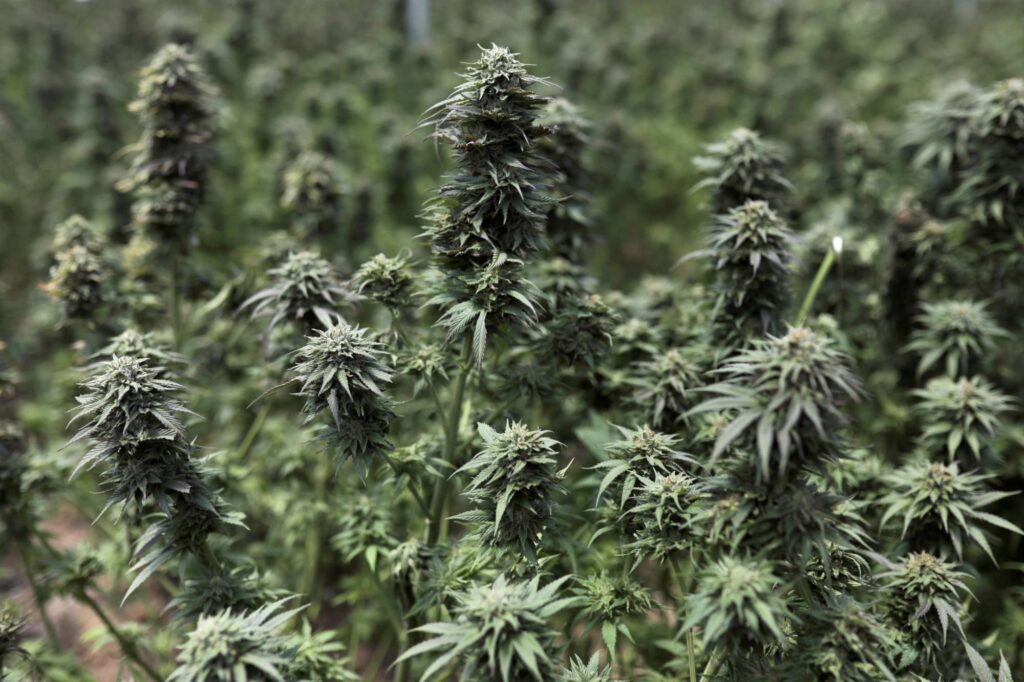Japan has long been known for its strict stance on drug use, and marijuana is no exception. The country’s marijuana policy is considered to be one of the harshest in the world. However, recent developments indicate that Japan may be on the path to reforming its approach to marijuana.
Currently, marijuana is classified as a Schedule I drug in Japan, along with substances like heroin and cocaine. Possession, cultivation, and sale of marijuana are all illegal, and the penalties for these offenses can be severe. A person caught in possession of even a small amount of marijuana could face up to five years in prison and hefty fines.
Despite the strict laws, there has been a growing movement in Japan to reconsider the country’s approach to marijuana. Advocates argue that the criminalization of marijuana has led to unnecessary criminalization of individuals, disproportionately impacting young people and minorities.
In recent years, there has been increasing support for the medical use of marijuana in Japan. Several high-profile cases, such as that of a young girl with epilepsy who found relief through cannabis-derived medication, have raised awareness about the potential benefits of medical marijuana.
In response to this growing support, the Japanese government has taken steps to explore the possibility of legalizing medical marijuana. In 2019, the Ministry of Health, Labour and Welfare created a panel of experts to study the issue and make recommendations. The panel conducted hearings and gathered input from medical professionals, patients, and other stakeholders.
The panel’s final report, released in early 2020, recommended that the government consider allowing the use of medical marijuana under strict regulations. It proposed a framework that would require patients to obtain a prescription from a qualified healthcare professional and obtain their medication from licensed dispensaries.
Following the release of the report, a draft bill to legalize medical marijuana was submitted to the Japanese parliament. While the bill has not yet been passed into law, it represents a significant step forward in the discussion around marijuana reform in Japan.
In addition to the push for medical marijuana, there is also a growing movement to decriminalize the possession of small amounts of marijuana for personal use. Some argue that the current penalties for marijuana possession are overly punitive and that focusing on rehabilitation and education may be a more effective approach.
In early 2021, a group of lawmakers from various political parties formed the “Cannabis Caucus” to promote the discussion of marijuana policy reform in Japan’s parliament. The caucus aims to build support for changing the country’s marijuana laws and to push for evidence-based policies that prioritize public health and safety.
While the road to marijuana policy reform in Japan may still be long, there is a clear shift in public opinion and a growing recognition of the need for change. The ongoing discussions, research, and proposed legislation indicate that Japan is taking steps towards a more progressive approach to marijuana.
As the debate continues, it is important for policymakers to consider the experiences of other countries that have implemented marijuana reform successfully. Learning from these examples can help Japan strike a balance between addressing public health concerns and reducing the harms associated with marijuana prohibition.
In conclusion, Japan’s marijuana policy is undergoing a significant transformation. The movement to reform the country’s approach to marijuana, both for medical use and personal possession, is gaining momentum. While there are still challenges and obstacles to overcome, the growing awareness and discussion around marijuana reform in Japan provide hope for a more progressive and evidence-based policy in the future.











